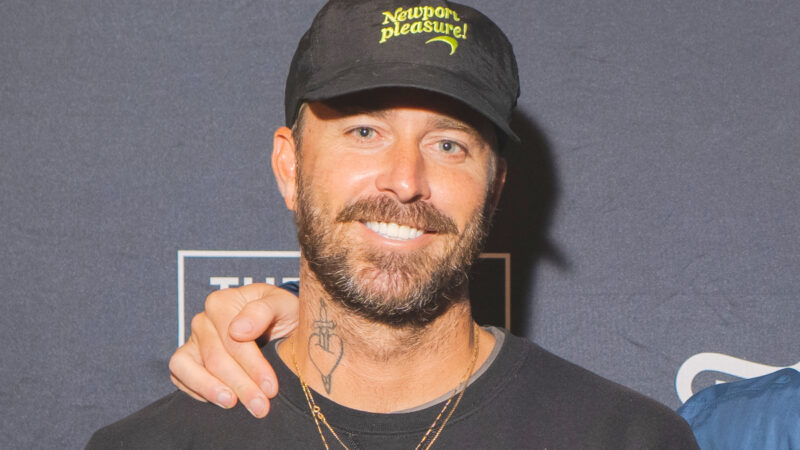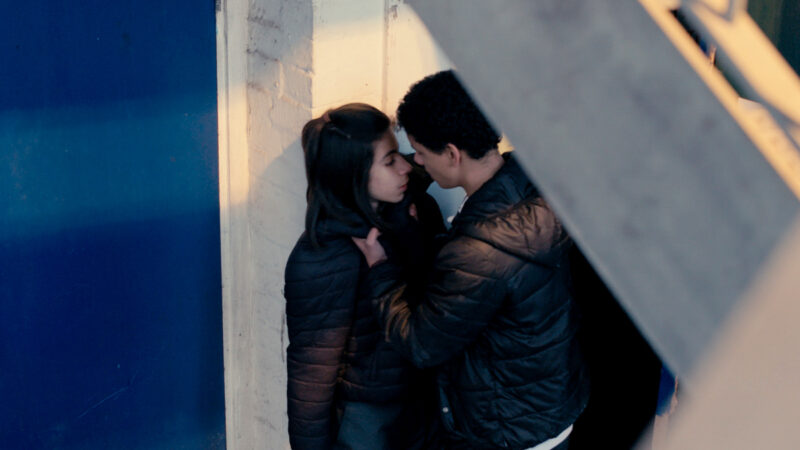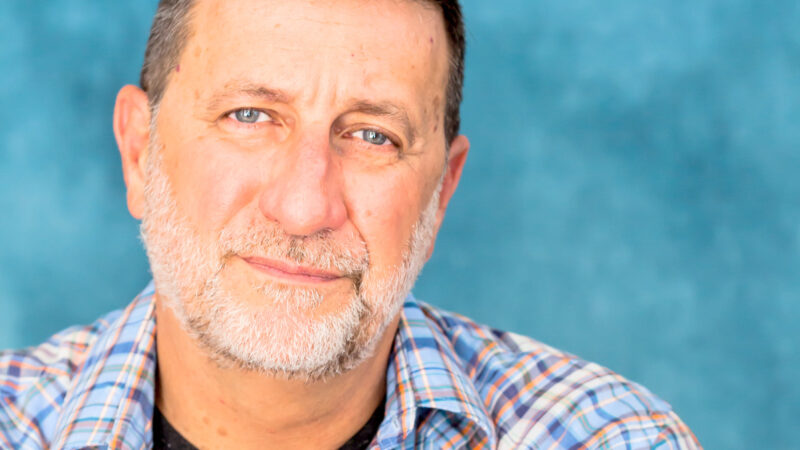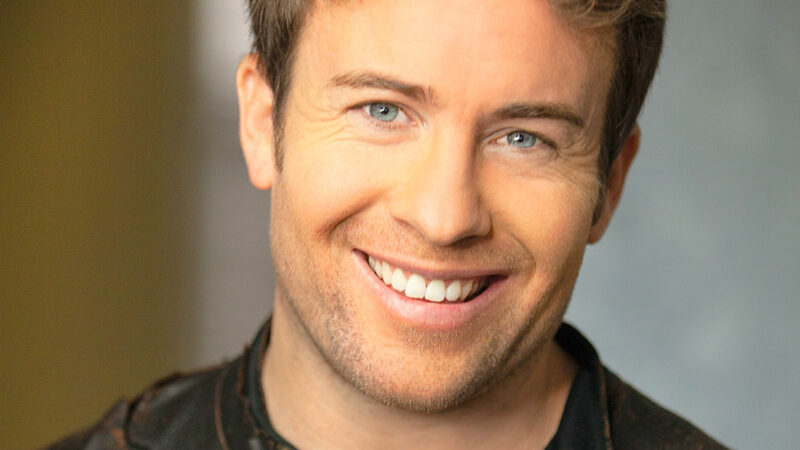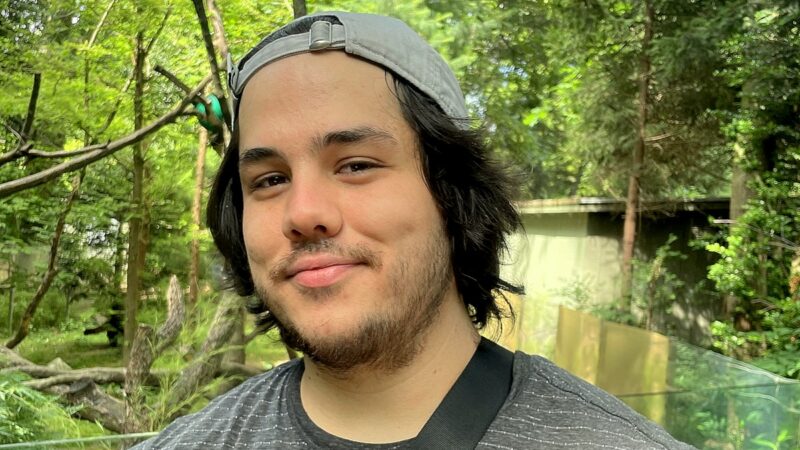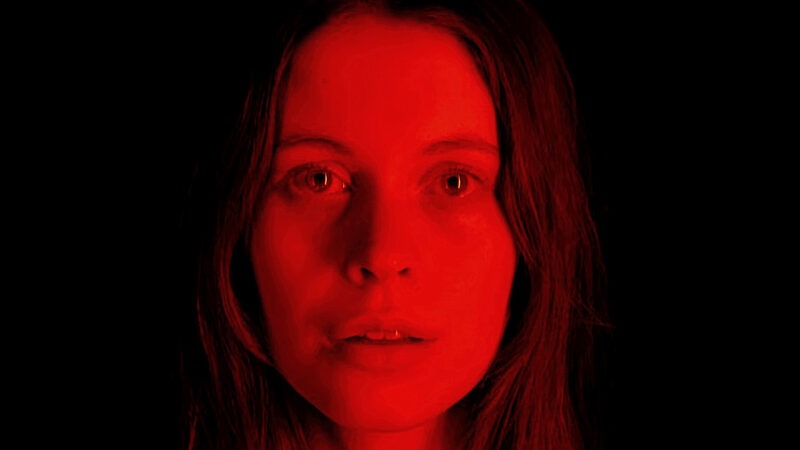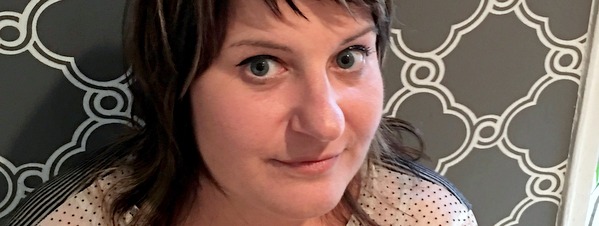
I am Denise Papas Meechan. I knew I was a storyteller before I could spell the word. As a child, I would imagine my stuffed animals as strong, multi-layered characters with distinct backstories and would write fantastical scenes for them. After college, I was fortunate enough to fall into a career as a television writer/director/producer. I worked on shows for MetroTV, Style Network, UltraHD and WeTV but was soon attracted to the possibilities I saw to showcase my writing in narrative film. My screenplays, a horror feature “Skin” and the comedy “Sex Dreams of Jon Stewart” were finalists in film competitions. I co-produced some indie features and then shot my first short film, “Freckles”.
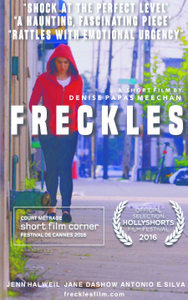 Did you study what you do
Did you study what you do
My college did not provide any film or television classes, but I was lucky enough to land an internship at Fox TV after I graduated. I learned everything by asking tons of questions, spending hours in the field and by absorbing and studying the techniques used in the film and television I watched. I eventually took an Introduction to Screenwriting course at NYU. It outlined the basics of genre conventions and Syd Field’s Three Act Structure. From there, I joined several meetups for writers. And never underestimate the importance of a Netflix account. Watching films is the best way to learn how to make them.
What is your filmmaking process
I would say I am more of an actor’s director rather than a technical one. I believe in story. I spend just as much time casting and working with actors as I do with the DP setting up and blocking scenes. If the actors really understand their characters’ motivations then everything will fall into place. In pre-pro and on set, I remain open to suggestions from all crew and believe collaboration allows for a better (and easier) shoot. I always keep in mind the quote from one of my idols, Sofia Coppola: “You don’t have to be loud. If you know what you want, people respect that.”
@HorrorNewsNet I’d love a review of my short @FrecklesFilm trailer: https://t.co/eobhy4wXa2 and read https://t.co/ufp9eBG2fh. Can send link
— denise papas meechan (@denisepapas) July 6, 2016
Tell us about the work you have directed
Freckles is the first short film I wrote, directed and produced. It came to me as an answer to the outrage I felt with our culture’s – every culture’s – beauty restrictions on women. I wanted to illustrate the damage this practice perpetrates. But, films are not screened on a pulpit and directors are not preachers- they are artists. A filmmaker has to find a way to nearly bury their message in the entertainment. Ironically, subtext, and what cannot be seen, is what a filmmaker is meant to show the audience. I want my films to have a strong impact but still maintain their principal intention – to entertain. I used film, in this instance, to internalize one woman’s experience with the inner demons seeded in her by society.
Do you take courses to improve your craft
As a writer, I have ceaseless opportunities to learn – everyone I meet is a potential character; people-watching and studying the verbal and nonverbal features of friends can trigger an idea to build a script on. For precision training, however, I take screenwriting and creative writing classes whenever I can. I also joined the now-defunct NYC Screenwriters Collective that met every week to discuss a participant’s work. I continue this sort of forum today with other writers. Each script I read and writer I meet teaches me more about writing. I took classes in digital editing at the New School that were helpful in teaching me what to shoot and which shots not to waste time on. Organizations like the PGA and NYWIFT put on very informative panels and workshops in film directing and producing that I frequently attend.
How do you combine directing and writing
A script is just words on a page. Film is a mood. The two, when married, create a visceral experience that should also affect the intellect of the audience. When I write a script, I picture the camera angles and the lighting and the actors’ movements and wardrobe and music and everything that will help build the atmosphere I want. Of course, no script is written in this detail but having it all live in my head and hiring a crew that understands the emotions fused into my vision, not just the scene schematics, is very important.
How did you get into the film business
Because I had no formal training, my pathway to film took longer than most. My years of work in television were integral to developing a style and learning the basics of how a production works. However, the shows I worked on were a bit too biographical to allow me to shout in my narrative voice. I needed an outlet that would let me express what I was thinking without using other people’s soundbites. So, I turned to screenwriting. After studying it for years, and sending scripts to people who never replied, I decided I would make it easier for people to understand my work – I would shoot something. A short film, I decided, would act as a calling card to lure the literary managers and agents I wanted to impress as well as being more financially reasonable. I begged co-workers and friends for their equipment and their talent and most importantly, their support.
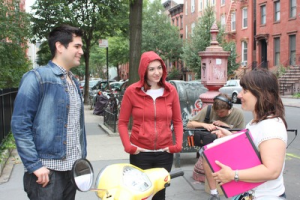 How do you turn an idea into a screenplay
How do you turn an idea into a screenplay
An idea can pop into my head at any time- I overhear an interesting conversation at a café, I watch a bored commuter on the subway or I wake with an image that will haunt me for the day. That image escalates into a scene that grows into a story. In my head, I build a plot around it that will be strong enough to entertain an audience for 90 minutes. I excavate the theme out of it and weigh its relevance in what’s going on in society today. I never want to waste anyone’s precious time, talent or energy on a story that doesn’t give something back and doesn’t make them think. If it does, that idea is worthy of writing a screenplay.
Explain your writing process
It’s much easier for me to start writing when I know the ending of a story. I build the scenes in a sort of backwards way. I write 45-50 steps that will bring me to that finalé. Then I google images of characters, locations and anything else that captures the mood of my vision. I organize index cards with those scenes and images onto a board I’ve created that tapes out a three-act structure. Then I take a break because that was mentally exhausting and I haven’t yet even opened my screenwriting software! After I’ve recharged, I open my Final Draft or Writer Duet and start, as I call “vomiting the story onto the page”. This is an ugly, horribly written first draft with the worst dialogue and action description that ever wasted ink, but the release of the story from my brain is cathartic. I then take several passes to edit – first deleting, changing and adding scenes; then beautifying the prose describing the action and locations; and finally, the last few passes I use to make the dialogue stronger and more interesting. Then I collapse.
What writing tip or idea can you give young writers
Some people say we don’t need more fashion, and probably those same people believe all stories have been told before. But they are wrong. What an individual brings to art is their unique point of view. A storyteller is just as important as a storyline. A writer (or designer’s) past experiences shape the way they see the world and that shapes the outcome of their art. If there is a story idea sticking in your head, it means it is important to get it out. What you have to say is important and can only be said by you. If anyone tells you to be silent, speak louder.
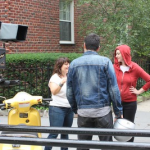 What is is like working in the Hollywood system
What is is like working in the Hollywood system
I am looking forward to someday soon being able to answer this question. My experience so far has been more in the indie filmmaking arena. I appreciate Hollywood for vitalizing the ideas people like me have.
What do you want to change about the film business
I want to flip the script, literally, on the whole patriarchal system. Only 7% of women are directors and 13% are writers. I want to increase those numbers! Allowing women, and others underrepresented in Hollywood, to direct and write allows them to have a voice. I want to write and direct films that have a 50% female cast and crew and make this issue go away so I can stop talking about it!
What do you want to be remembered for
I would be happy if I inspire one writer or filmmaker to pick up a camera and say, “If she can do it, so can I”. Especially a female one!
INTERVIEWS
more interviews


